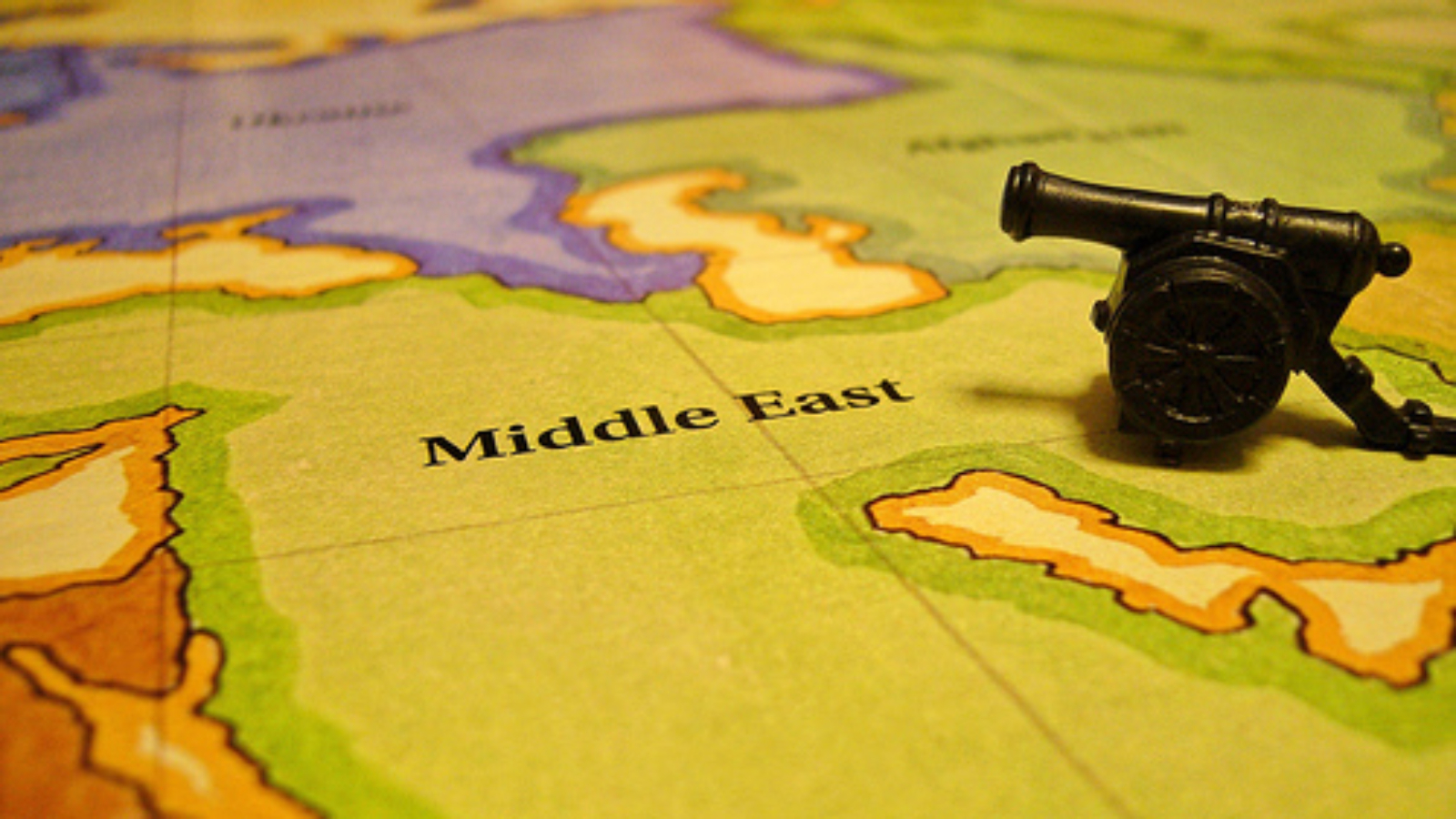By Gary Sick
The latest Wikileaks information dump includes an enormous body of cable traffic dealing with the US and Iran. Most of it simply confirms what most people already believed:
(1) Israel constantly sounded the alarm that action had to be taken immediately if Iran was to be stopped in its nuclear quest. In June 2009 Israeli defense minister “Barak estimated a window between 6 and 18 months from now in which stopping Iran from acquiring nuclear weapons might still be viable. After that, he said, any military solution would result in unacceptable collateral damage.” [That deadline expires in the next few weeks.]
It may be significant that Israeli alarm — and endless deadlines — have been a permanent feature of its rhetoric since at least 1992. At that time, Netanyahu warned in the Knesset that unless someone (i.e. the United States) intervened, Iran would have a nuclear weapon in 3 to 5 years. The current intelligence reading 18 years later is that Iran could build a nuclear weapon within 3 to 5 years.
(2) The Arab states at the highest level were urging the US to take drastic action against Iran, while publicly opposing such action. As the Prime Minister of Qatar memorably remarked: “They (the Iranians) lie to us and we lie to them.” Nevertheless, at the very same time Arab leaders and government officials were wringing their hands — publicly and privately — that military action would lead to a “catastrophe.”
So their charge to their American colleagues seemed to be: In private I will hold your coat, while you take action that I will deplore and denounce publicly, and when it produces a catastrophe I will say that I told you so.
(3) The US undertook its engagement strategy with Iran with the clear conviction that it would fail. At the same time, it was preparing (and disseminating in private) an alternative pressure strategy. This is the most serious indictment of all.
According to the record, the Obama administration was briefing allies almost from the start — and before Iran had even had a chance to respond to offers of engagement — that we expected this initiative to fail and that we were actively preparing the pressure track that would immediately follow.
Iran could hardly have been unaware of all this, so the chance that they would respond favorably — even before the contested election in June 2009 and the brutal crackdown that followed — was essentially zero. The only conclusion I can draw from this is that Obama was never sincere about his engagement strategy. It has yet to be tried.
(4) Of particular interest are the details of how the US got Saudi Arabia to promise China a guaranteed source of energy if it would join in pressuring Iran, and how the US change in its missile defense strategy (from a system based in Eastern Europe to a sea-based system) apparently helped to get Russia to do the same. Neither of these is a surprise, but the cables seem to confirm what was already suspected.
(5) Who says that Arabs and Israelis see the world differently? According to the New York Times analysis,”Crown Prince bin Zayed [of the UAE], predicting in July 2009 that an Israeli attack could come by year’s end, suggested the danger of appeasing Iran. “Ahmadinejad is Hitler,” he declared.”
In the New York Times reconstruction, “Abu Dhabi’s crown prince and deputy commander of the UAE armed forces, Sheikh Mohammed bin Zayed al-Nahyan, referred to Iran as an “existential threat” and was concerned about “getting caught in the crossfire if Iran is provoked by the US or Israel”. In one earlier conversation Bin Zayed even suggested that the US should send in ground forces if air strikes were not enough to “take out” Iranian nuclear targets.”
In that, he was absolutely correct. The dirty little secret that no war hawk wants to admit is that you can’t eliminate Iran’s nuclear capacity simply by bombing. To really wipe out the capability, you would have to go in on the ground — just as the United States had to do with Iraq. The difference would be that you would have to field perhaps a million soldiers. No one wants to speculate on where or how the US would raise such a force. Conscription anyone?
Most of the documents are composed of little beyond hypocrisy, gossip and invidious comments about other leaders, the normal flotsam and jetsam of diplomatic discourse. But it is also true that the level of hysteria about Iran was exceptionally high. The United States received an avalanche of free advice from interested parties in Israel and the Arab world. They wanted to make sure we understood how urgent it was for America to launch a third disastrous war in the Middle East on their behalf. According to the documents we have seen so far, Washington seemed bemused but utterly unenthusiastic.
This may be the most important fact about the WikiLeaks documents so far. If Washington can keep its head while everyone around it is losing theirs, perhaps we need not yet yield to despair.
Published with permission of Gary Sick, senior research scholar at the Middle East Institute of Columbia University's School of International & Public Affairs and who runs the global Gulf-2000 project.
Photo from Flickr via Stewf.
